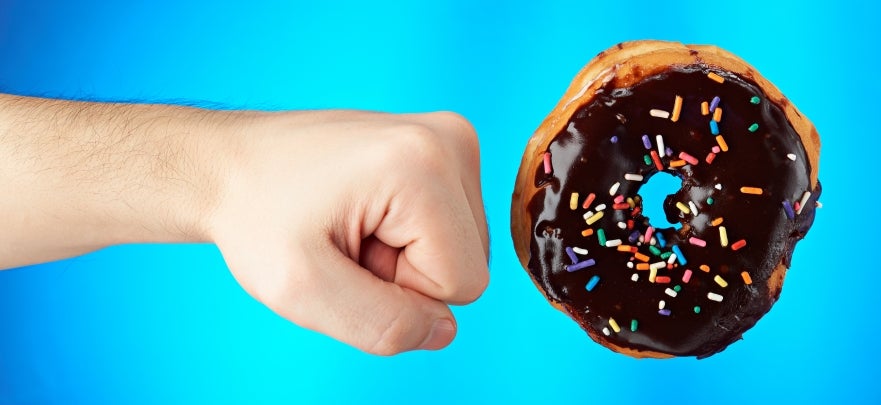Are You A Sugar Burner or a Fat Burning? Listen To Your Body
Are you primarily a sugar or fat burner? And does it matter which you’re burning when you work out? The short answer is yes… and no.
You can burn both fat and carbs (sugar) during a workout -- and you'll likely end up burning some combination of both. But being a “sugar burner” or “fat burner” when working out largely comes down to how you fuel your body and how intense the exercise.
Sugar burners
You can easily know if you’re a sugar burner: A few hours after you eat, you’re hungry again or if you go too long between meals you feel tired or irritable aka “hangry”. That’s because eating high carbohydrate foods raises blood sugar, which triggers the hormone insulin to get released from the pancreas to bring blood sugar down by storing that blood sugar as fat. Problem is, insulin can drop your blood sugar too low which then causes you to crave more carbohydrates or sugar. Then you have to eat more sugar to keep get your energy back up and a vicious cycle ensues. As a result, sugar burners often feel cranky, tired, irritable, and constantly hungry. You struggle to lose weight, and frequently carry fat around your midsection.
Fat Burners
When you primarily burn fat for energy, your blood sugar stays balanced and so does your energy level. Eating fewer carbs can help make you a better fat burner, allowing your body to first use fat to burn for fuel. When your body accesses and burns stored body fat this leads to weight loss. Becoming a fat burner also means you will feel satisfied longer, can go 3-6 hours between meals, will have fewer cravings, and snack less.
Ultimately, figuring out whether you're burning carbs or fat for energy isn't essential for weight loss -- what matters is burning more calories than you eat. Each pound of fat stores roughly 3,500 calories, so you'll need to burn an extra 500 calories a day, on average, to shed a pound per week. Your body taps into stored fat during that time -- to make up for the energy "deficit" -- which means you'll start to slim down. Your individual calorie burn may vary depending on your weight -- the heavier you are, the more calories you'll burn -- and how many calories come from carbs vs. fats during an activity may vary from person to person as well.
Focus on living an active lifestyle and following a low sugar/carbohydrate diet filled with minimally processed, nutritious foods -- think vegetables, lean protein, beans, nuts, and fruits. Not only will you achieve and maintain a healthy weight, but you’ll boost your health and overall well-being.






